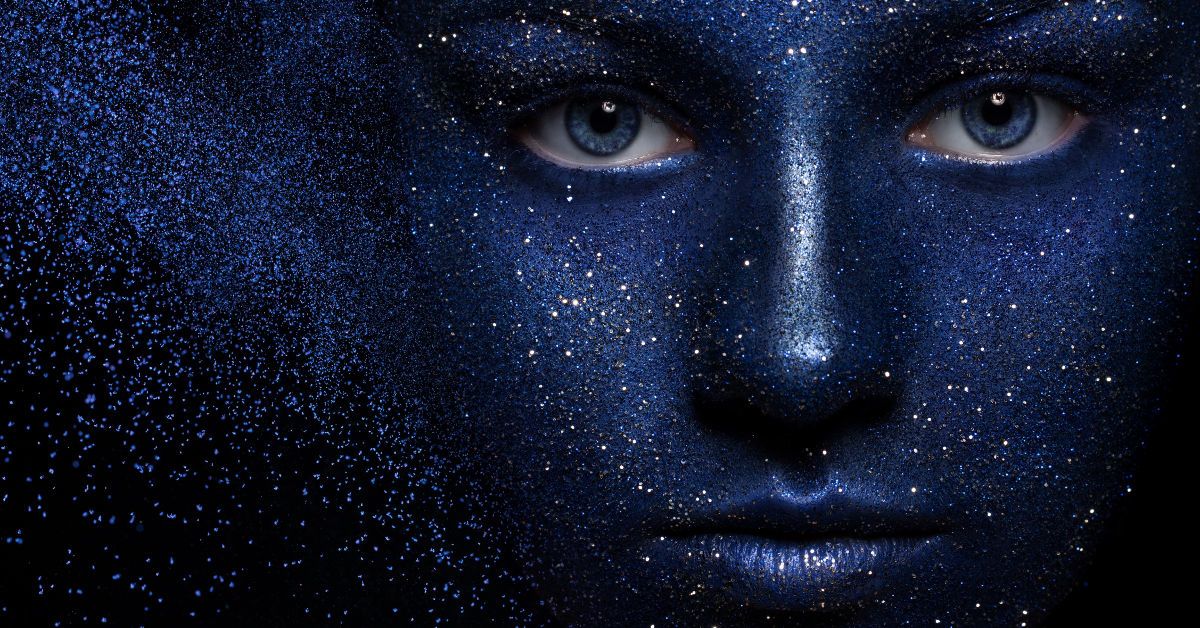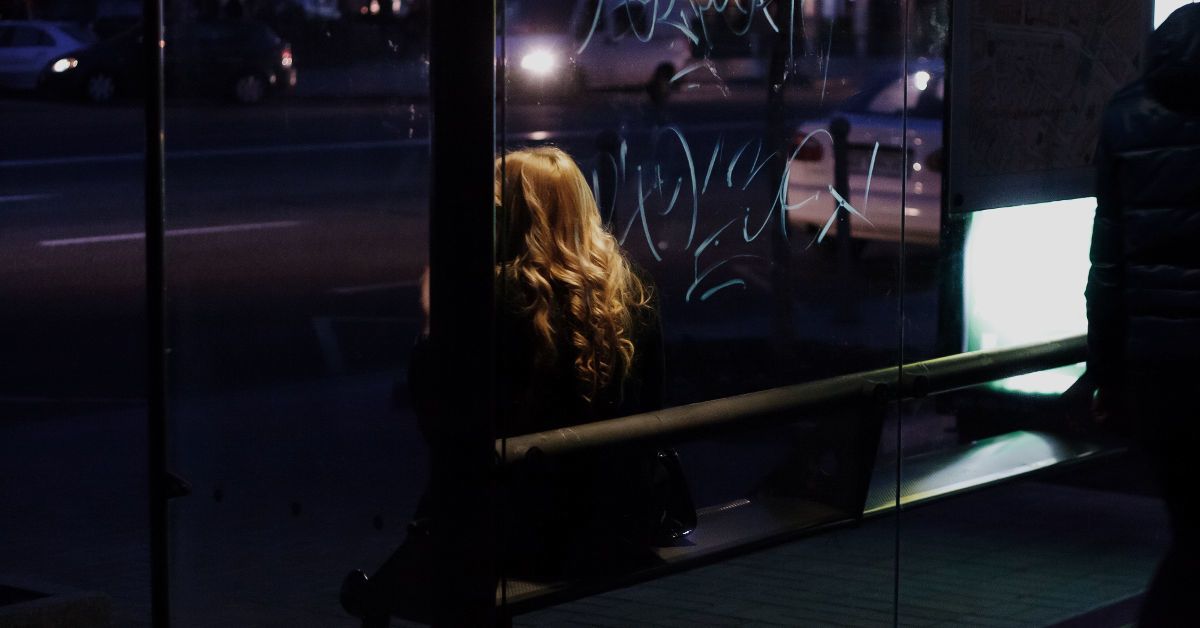Human

This post was originally published through Patreon on December 20, 2017.
Anita slipped, and her physical therapist had to catch her before she hit the ground.
“It’s okay,” the woman said, while Anita, her legs no longer able to support her weight, clutched hopelessly at the woman’s wrists for balance.
The hospital room where they held their daily sessions reeked of cleaning solutions and urine. It was the last place Anita would have expected to find herself when she was young.
She could have assumed one of a million other forms—could have experienced life as any species in the cosmos. But in her foolishness, she’d chosen to be human. She’d been quite taken with humanity at the time. The novelty of their paradoxical nature had delighted her: an odd combination of cool, dispassionate logic and fiery, unbridled passion.
Most fascinating of all had been the concept of mortality—the notion that life not only had a beginning but an end. As an immortal being herself, the idea had only been a theoretical complication that made little practical sense. She couldn’t have imagined what it would mean to age—to feel life, energy, and health drain from a body that withered further with each passing day. Only now, as a human herself, could she understand what it was to be bound by the irreversible machinations of time, and it was too late for her to change her mind.
“Follow me,” the PT said, and she led Anita around the perimeter of the room in a vain attempt to engage muscle groups that would never function again.
Didn’t the woman realize the horror, the utter futility of the human condition? Couldn’t she understand that it was only a matter of time before she herself would experience a similar degenerative illness? Or, if her muscles didn’t fail her, it would be her mind, or cancer, or a virus, or one of a thousand other afflictions. That, Anita thought with more than a twinge of bitterness, was the human race’s reward for a life well lived.
A tear fell, hot against Anita’s skin. It stung her eyes, and she blinked it away before her therapist could see that she’d been crying.
“There you go,” the PT said after Anita took a single shambling step forward. “You’re getting stronger.”
Would the woman ever stop patronizing her?
At last, after ages of endless, fruitless struggling, the hour lapsed, and the woman let her fall back into her wheelchair—a rickety metal cage as good as any prison—and rolled her outside for a stroll through the hospital’s grounds.
A galaxy’s worth of energy roiled just beneath her skin, the inner workings of an ancient soul that would have dwarfed the entire cosmos if not for the fact that it was locked inside this lumbering clod of cold and sallow matter.
They passed through a pair of broad double doors, and Anita squinted up at a sudden burst of bright and early sunlight that warmed her skin and made her drowsy.
She didn’t try to stay awake. Sleep was one of the few blessings left to her. It was in sleep that the force which bound her to her body weakened, allowing her to shoot across space and time as she had once done before her human incarnation.
Eyes fluttered, consciousness guttered, and soon, her soul was soaring through the stars again.
Anita.
The voice was familiar to her.
“Father?” She hadn’t heard from him since she’d taken on flesh and blood. Could he rescue her from this awful life? “Father, please, release me from this prison.”
The universe rumbled with his reply.
You chose to be human. Would you turn your back on who you are now that life has become difficult?
“This body is worthless. It binds my soul like a ball and chain.”
Did you not enjoy your life when you were young?
“I did.”
Then what right do you have to complain now? You wanted to experience mortality, and that means accepting the feebleness of age along with the exuberance of youth. The two form an inseparable whole.
“But it hurts.”
Yes.
“Then what use is it? All the things I’ve accomplished as a human will amount to nothing.”
You’ve been human for so long that you’ve started to think like them. You see everything in terms of the past and the future. You forget that you are timeless, that your life on Earth is but a dream.
Everything you’ve accomplished in your mortal body will remain a part of you after you die. That’s what mortality is. It’s a transformation, one that most of your brothers and sisters, by their own choice, will never know. It will leave you forever changed, a new creation born of the intersection between two paradoxical natures. That is a miracle, and one for which you should be grateful.
“But I’m afraid.”
Then you understand what it is to be human.
Anita contemplated this in silence for some time.
Go. Her father’s voice was warm, compassionate. Live what life remains to you. Cherish the sorrows as well as the joys. They are the crucible in which you will become something greater.
“Yes,” she said. “I understand. Thank you, Father.”
I love you, Daughter.
“I love you too.”
Anita awoke a changed woman. All her former bitterness had melted away beneath the blinding light of the sun. There would be pain, there would be weakness, and there would be humiliation. But she would no longer complain. She would let each experience educate her, just as her youth had educated her, because what else was human frailty, she thought, but another lesson to be learned?
She would take the good with the bad, and when her time on Earth was finished, she would be reborn. Such was the life she had chosen, and she would no longer turn her back on it.
Enter your email address and click "Submit" to subscribe and receive The Sign.
